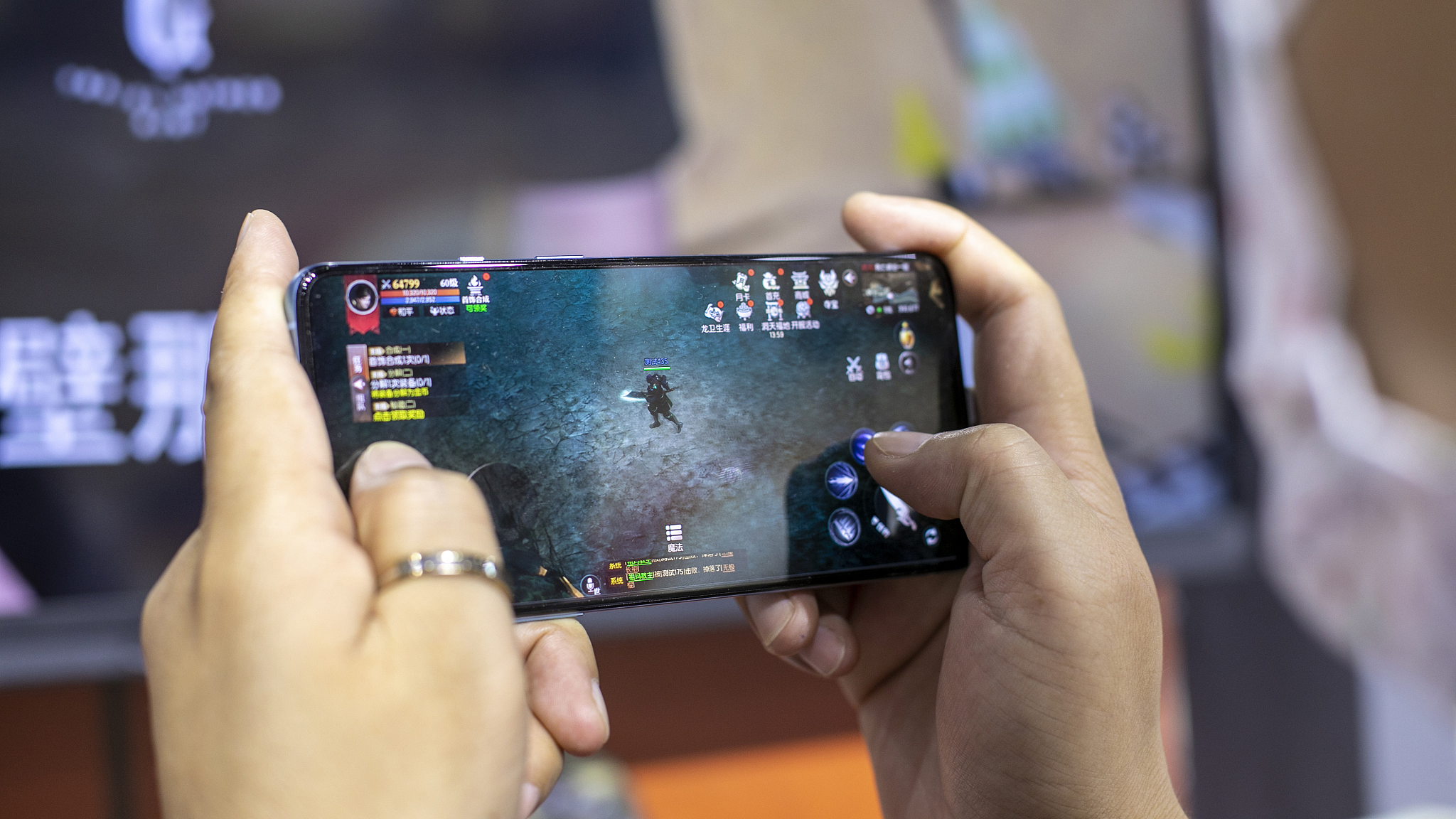In recent years, the world of gaming has transcended the boundaries of mere entertainment, evolving into a cultural phenomenon that shapes and reflects the societies we live in. No longer confined to the realm of screens, popular games have permeated various aspects of our culture, leaving an indelible mark on how we socialize, communicate, and perceive the world https://imgur.com/a/JQpH8lt. This blog explores the multifaceted impact of popular games on culture, delving into their influence on social dynamics, language, and even the broader cultural landscape.
- Social Dynamics and Community Building:
Popular games have become more than just a solitary activity behind a screen; they’ve transformed into social experiences that connect people across the globe. Online multiplayer games, such as Fortnite, Call of Duty, and League of Legends, have created virtual communities where players collaborate, compete, and form friendships. These communities transcend geographical boundaries, fostering a sense of camaraderie among players who may never meet in person. In this digital era, the relationships formed within these virtual realms are often as real and meaningful as those in the physical world.
- Language and Communication:
Gaming has given rise to a unique lexicon that has seeped into everyday language. Terms like “level up,” “respawn,” and “boss battle” are no longer exclusive to the gaming community; they’ve become part of a broader cultural conversation. Additionally, the rise of in-game chat, voice communication, and streaming platforms has influenced the way we communicate. Memes, catchphrases, and slang originating from popular games often find their way into mainstream discourse, illustrating the significant impact gaming has on shaping language and communication norms.
- Cultural Representation and Diversity:
As the gaming industry becomes more diverse and inclusive, popular games play a crucial role in challenging stereotypes and promoting cultural representation. Games like “The Last of Us Part II” and “Assassin’s Creed: Valhalla” showcase complex characters with diverse backgrounds, contributing to a more inclusive cultural narrative. These portrayals not only reflect the richness of human experiences but also challenge societal norms, encouraging acceptance and understanding.
- Economic Impact:
The economic impact of popular games on culture cannot be overlooked. The gaming industry has surpassed the film and music industries in terms of revenue, making it a significant player in the global economy. From professional esports leagues to content creation on platforms like Twitch and YouTube, gaming has created new avenues for employment and entrepreneurship. The rise of gaming influencers and esports professionals has elevated gaming from a pastime to a legitimate career path, reshaping traditional notions of success.
- Educational Potential:
Beyond mere entertainment, popular games have demonstrated educational potential. Games like Minecraft and educational platforms like Kahoot! are being utilized in classrooms to engage students and enhance learning experiences. These interactive tools provide a dynamic and immersive approach to education, fostering creativity, problem-solving skills, and teamwork. As educators increasingly recognize the benefits of gaming, we can expect to see a continued integration of these technologies into formal learning environments.
Conclusion:
The impact of popular games on culture goes far beyond the confines of screens. From shaping social dynamics and language to influencing cultural representation and contributing to the economy, gaming has become a powerful force in our interconnected world.
